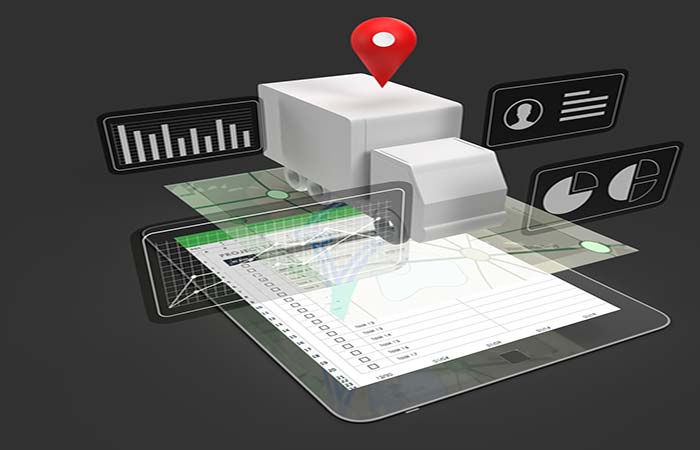City managers need to make sure that municipal services are being run as reliably as possible to keep citizens happy and healthy. Of course, municipal & local government fleet managers have to follow extraordinarily tight budgets—and the public will hold civic leaders accountable for any waste.
In a nutshell, GPS tracking involves placing a navigation device on a vehicle, asset, or person that uses the Global Positioning System to determine its movement and geographic position at any given time. Municipalities have been known to use GPS on both their street fleets and city workers.

Way of Fleet Tracking for Solves Municipality Challenges
1. Reduce Fuel Consumption
The municipal fleet fuel budget isn’t something to sneeze at. Even a small city fleet can guzzle gas at an alarming rate. One of the biggest problems with managing fuel efficiency for any municipal fleet is the issue of tracking vehicle use. Things such as illicit or unauthorized vehicle use and excessive idling burn gas (and add extra wear and tear to engines) without helping you reach basic operational goals for your municipality.
Without an accurate way to track where drivers have been and how much time they’ve spent idling while driving, it’s incredibly difficult to enforce an efficient use policy.
Municipal fleet tracking with GPS gives city fleet managers the ability to track where each of their vehicles or assets has been and how long a vehicle was left idling. This makes it easy to spot if a vehicle is being used improperly so the issue can be corrected—reducing fuel consumption. In the long run, GPS tracking can save your municipality thousands of dollars in fuel expenses.


 Blue ERP Is Now INSA Certified!
Blue ERP Is Now INSA Certified!







1 Comment
I really like the fleet staff that you guys do.